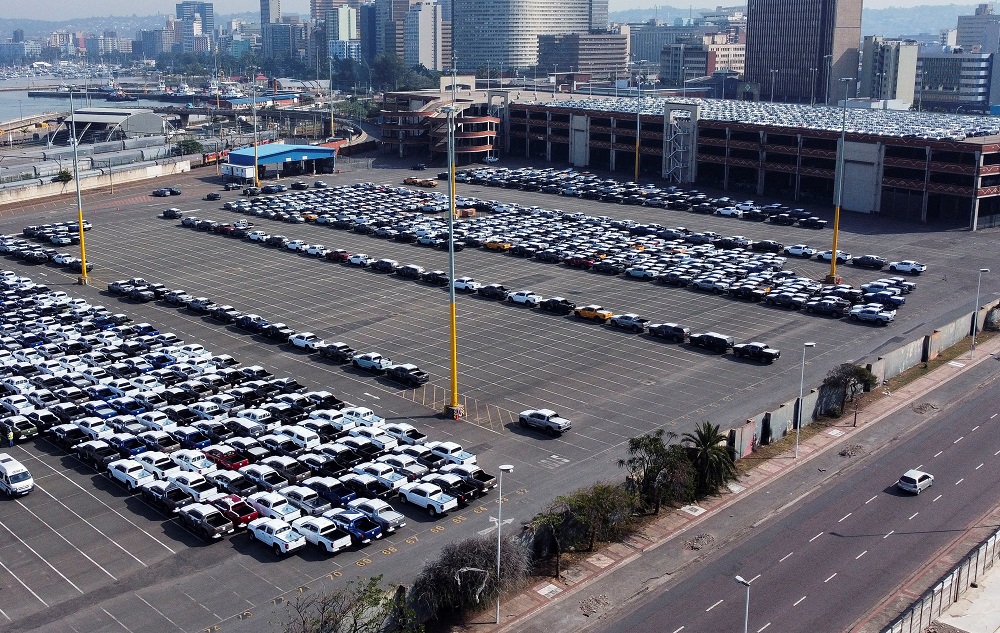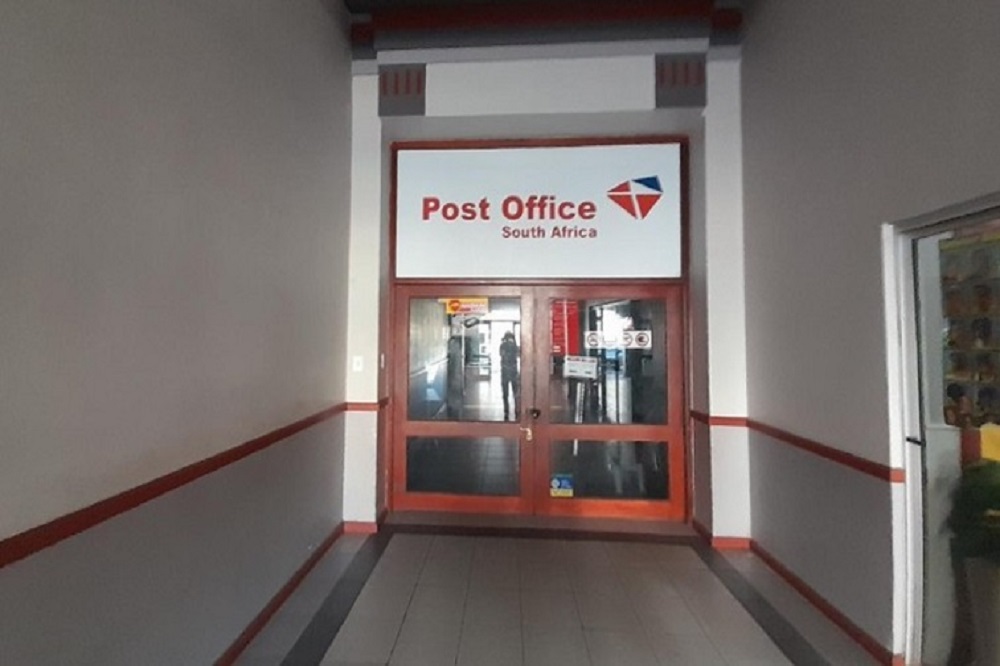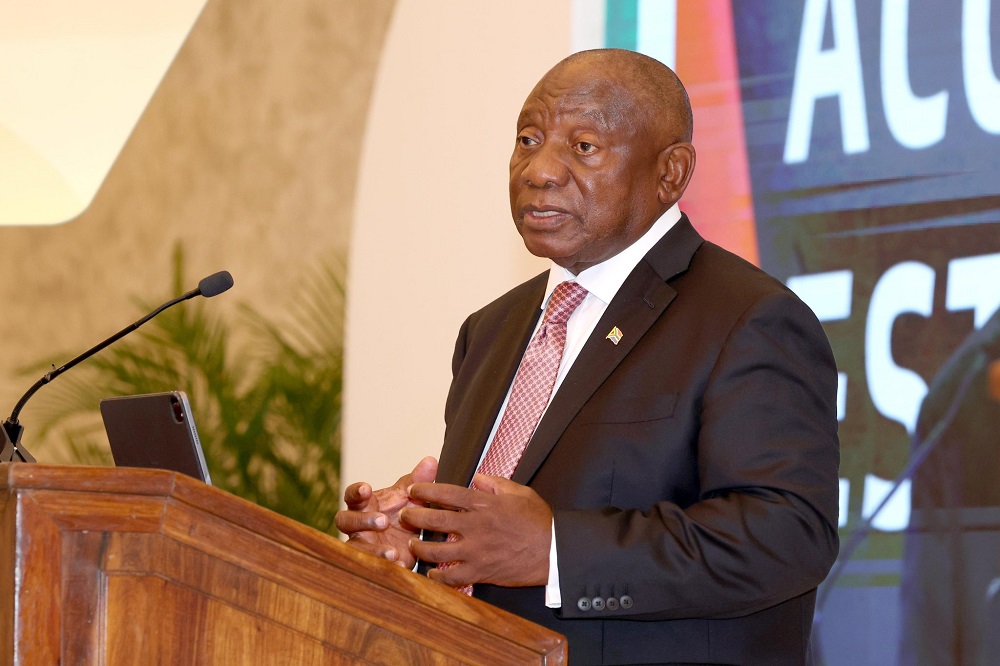-
Drone view of cars, ready to be loaded onto a ship
The automotive sector in the Eastern Cape (EC) is concerned about the planned 30% on South African exports to America as ordered by US President Donald Trump.
The proposed tariff is expected to come into force on the 1st of August, combined with the 10% tariff levied on BRICS members, meaning exporters face a potential 40% tariff hit and this will completely erode South Africa’s competitive edge in overseas markets.
Operations Director at Jendamark Automation, Seigfried Lokotsch says, more than 500 people from the Nelson Mandela Bay region work in the company and their jobs are under threat due to the huge, planned tariff increases.
Jendamark Automation is a big player in the vehicle component and automation sector and they export 85% of their components to vehicle manufacturers across the world.
“It’s devastating for us; the prices are set to skyrocket and our customers in America won’t buy it because our competitors in their country are selling for the same price. So, it’s clear that we will be losing business which essentially means that revenue will be lost for Jendamark and lost to Gqeberha which will affect all stakeholders, suppliers and employees which is a devastating loss.”
The local agriculture industry shares the sentiments of the automotive sector with the Eastern Cape citrus industry employing more than 22 oo0 people during peak season. Hannes De Waal, Citrus Growers Association Chairperson, says as a growing industry they are looking at exporting 45 million cartons of fruit this season.
“There are so many areas in the Cape that do not have access to the American market and were looking forward to tap into it. We had hope to get in during the Biden-administration but unfortunately, we did not. The whole environment has changed and we will be missing out on 25% of consumer spending which is a very important market.”
NMB Business Chamber CEO Denise Van Huyssteen says car companies support a vast component supplier system employing more than 70 000 people and the ripple effect of tariffs is placing thousands of jobs at risk.
“The tariffs aren’t just about companies that are exporting to the US. Manufacturers are going to change their sourcing footprints in terms of where is it best to manufacture and they are obviously going to go where it is most competitive. So, countries who have lower tariffs than the US will be in a better position.”











